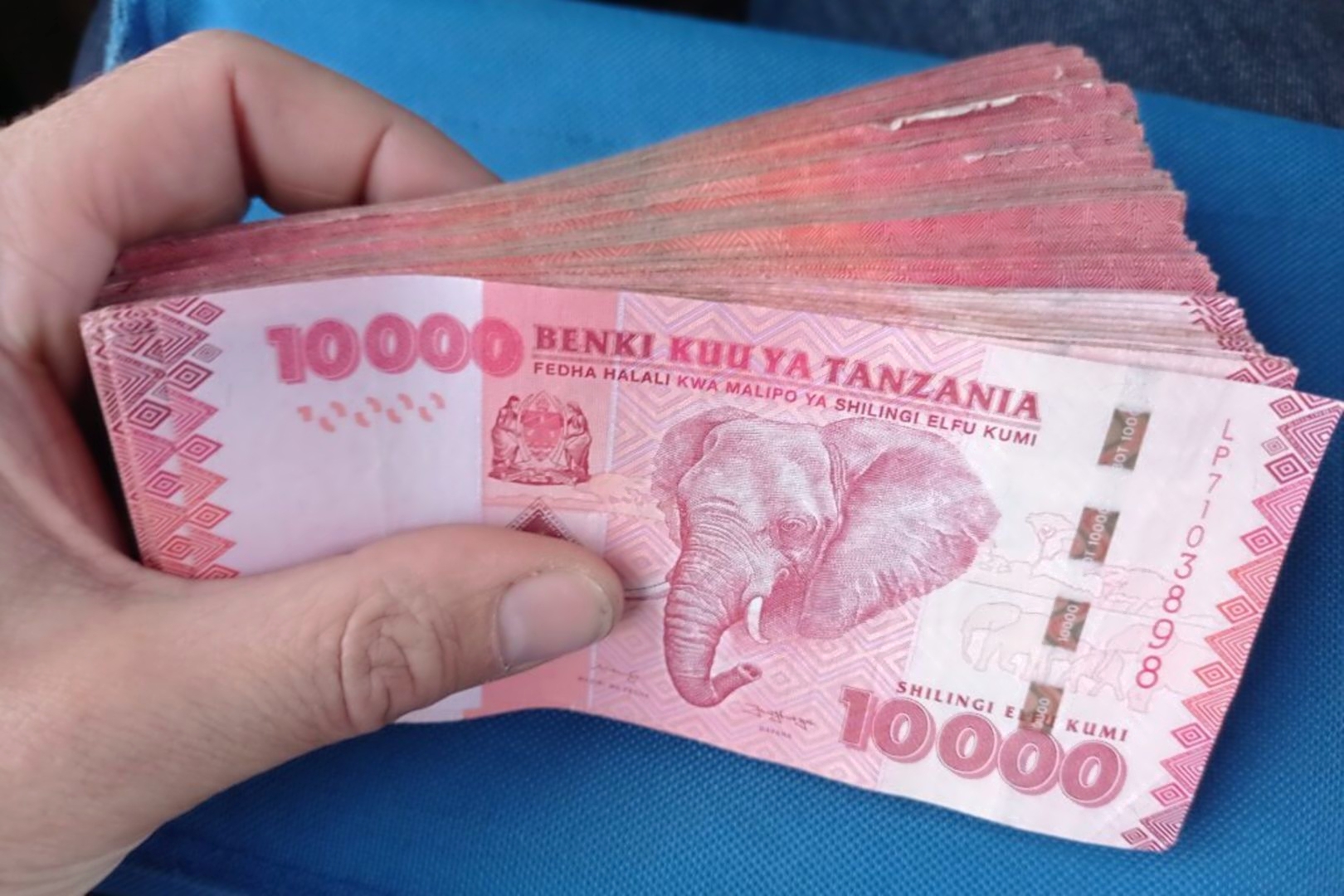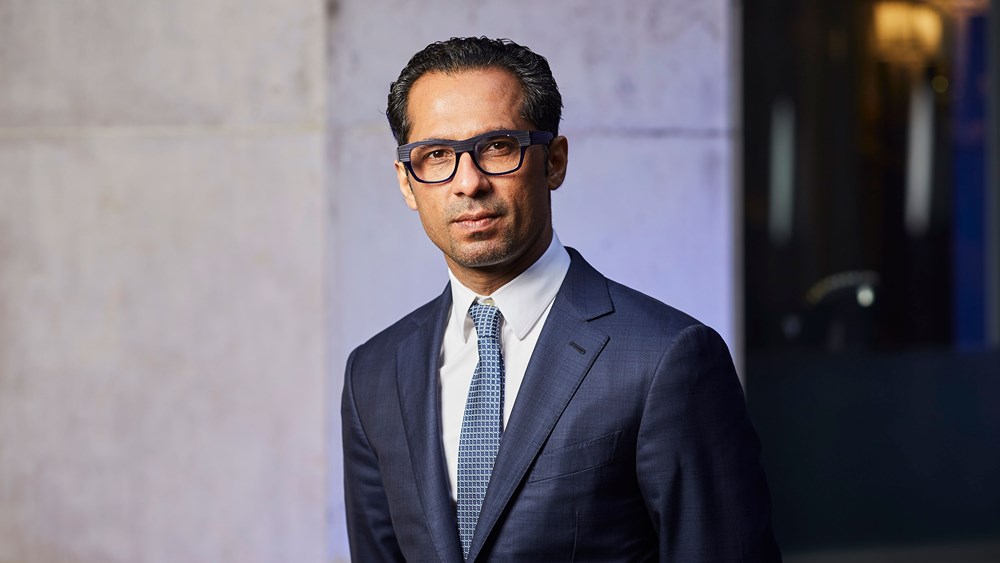MONEY MATTERS IN HEALTH & TECH : We can use phones to access insurance
What you need to know:
- This has accelerated the out-of-pocket payment system which contributes to making Africans poorer.
- In a bid to deal with this issue, governments and other healthcare stakeholders have introduced conventional insurance schemes, as part of the broader plan to achieve Universal Health Coverage (UHC).
Mobile technology is one the fastest growing industry in the continent, providing a platform for transforming African healthcare systems which are full of challenges. Currently, a few people are enrolled in health insurance schemes.
This has accelerated the out-of-pocket payment system which contributes to making Africans poorer.
In a bid to deal with this issue, governments and other healthcare stakeholders have introduced conventional insurance schemes, as part of the broader plan to achieve Universal Health Coverage (UHC).
The efforts have gone further into the establishment of the micro-health insurance schemes to cover the marginalized informal sector and the poor.
Micro-health insurance scheme is rooted from the concept of micro-insurance, meaning: a voluntary insurance model where by resources are being pooled to mitigate and cover the risks and health care services to low income individuals.
This type of insurance is also known by other names such as community-based funding, mutual health insurance and others of the ilk.
There are various kinds of micro-health insurance schemes all over the world. In Tanzania, the micro health insurance scheme has been in operation country-wide since 2003. It is known as Community Health Fund (CHF).
The scheme started with high expectations to cover over sixty percent Tanzanian households. It is unfortunate that this has never gone beyond eleven percent of household coverage in Tanzania.
Poor performance of this scheme in relation to the target level is attributed by many indicative factors.
The development of micro-health scheme has not gone in parallel with improving quality of healthcare service delivery in public healthcare facilities.
People who are insured are discouraged by the shortage of frequent stock out of drugs and medical supplies, lack of doctors and so forth.
There are issues like, low community awareness on matters regarding the scheme; confusion on different modalities of paying premiums and so on.
Yet the incorporation of mobile technology in micro-health insurance schemes has shown promising outcomes.
Now the question is: how can mobile technology play a role in the development and growth of the micro-health insurance schemes in our contemporary healthcare system?
As I mentioned to you earlier that a good number of Africans—Tanzanians included, own mobile phones.
Mobile technology enables the development of mobile platforms that ensures accessibility and affordability.
In fact this mobile technology enables client enrolment and premium payment via mobile phones. It serves as the perfect mechanism for collecting and managing premiums from people residing in remote areas.
There are notable examples of micro-health insurance start-ups already employing this technology.
Just to mention a few, there is a Swedish-based micro-health insurance start-up called BIMA.
With this micro-health insurance, a customer pays insurance via deduction of pre-paid airtime credit.It offers electronic registration, premium payment and claims process that clients can carry out via handset.
The scheme has partnered with several mobile operators, commercial banks and microfinance institutions to enable smooth operations.
The scheme has 24 million subscribers in sixteen countries, operating in three continents, according to the operators.
The other one is from Kilimanjaro in Tanzania. Like BIMA, Kilimanjaro Native co-corporation Union (KNCU) has also partnered with several stakeholders.
Mobile phones are used in enrolling members and premium collection. Despite the fact that mobile technology widens access to micro-health insurance, to some extent it has a potential of increasing knowledge about the insurance concept to majority who seem not to understand what insurance is and its importance.
However, the incorporation of mobile technology in micro-health insurance schemes, such as CHF, needs reforms or modification in one or two key areas—and here, I am talking about how the government can work with stakeholders.
The government ought to collaborate with other healthcare stakeholders on the road towards strengthening micro-health insurance in the country.
With focus on universal health coverage, micro-health insurance model is preferred and it’s indeed the way to go.




